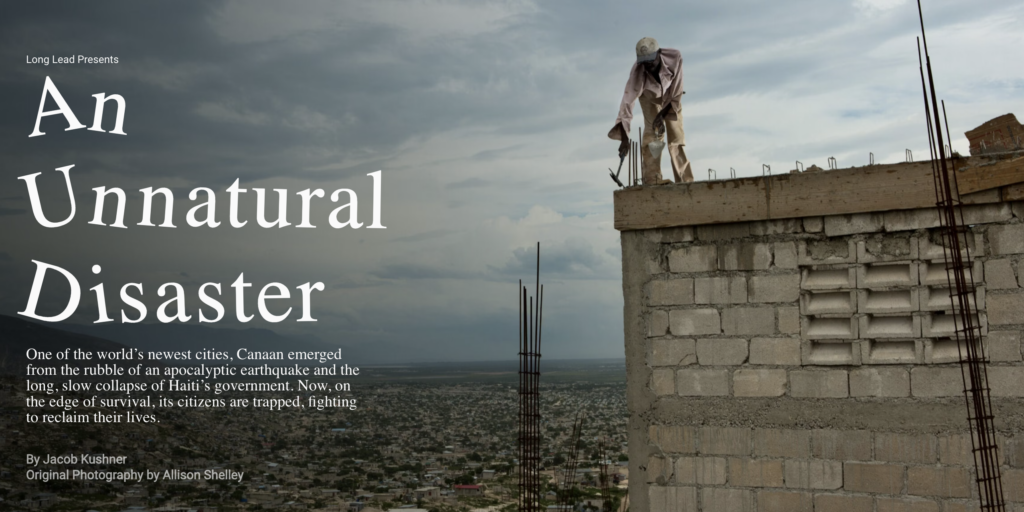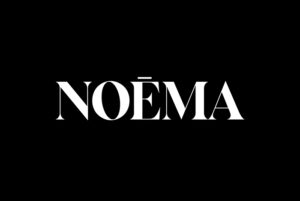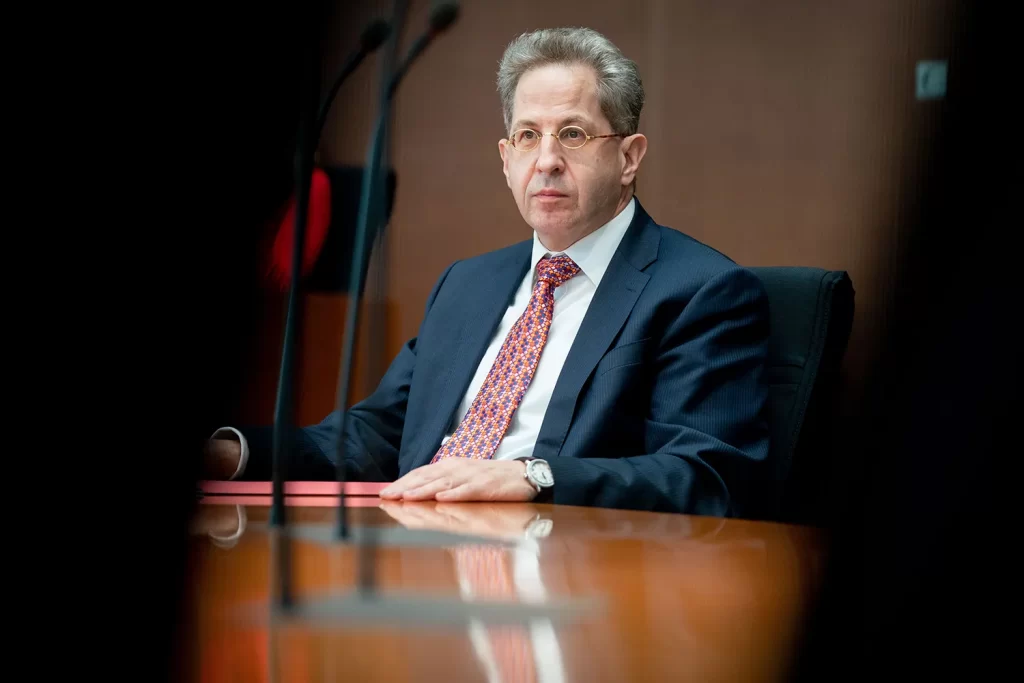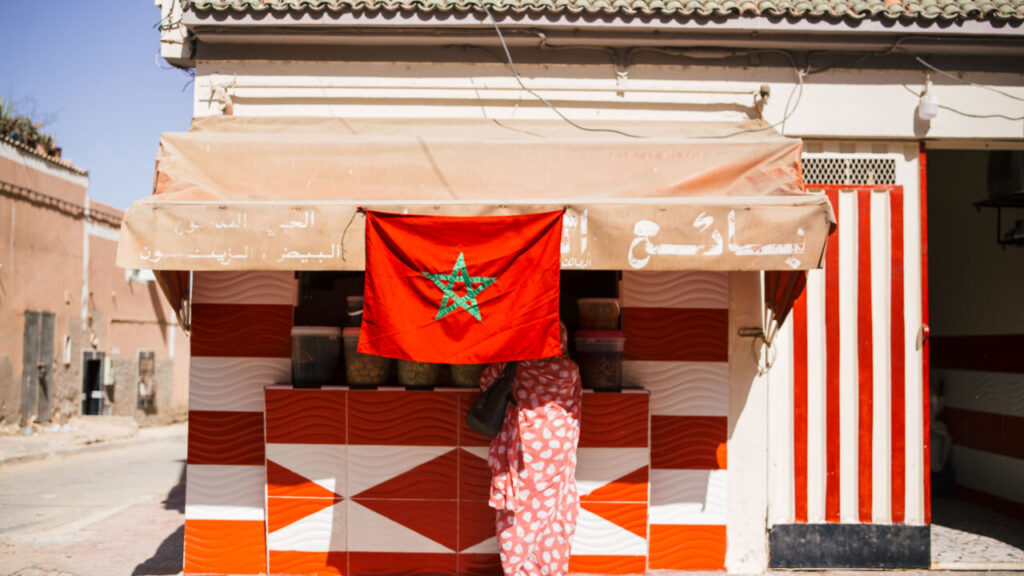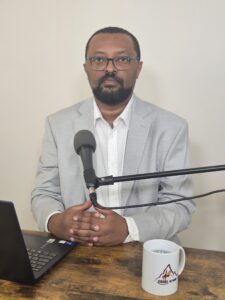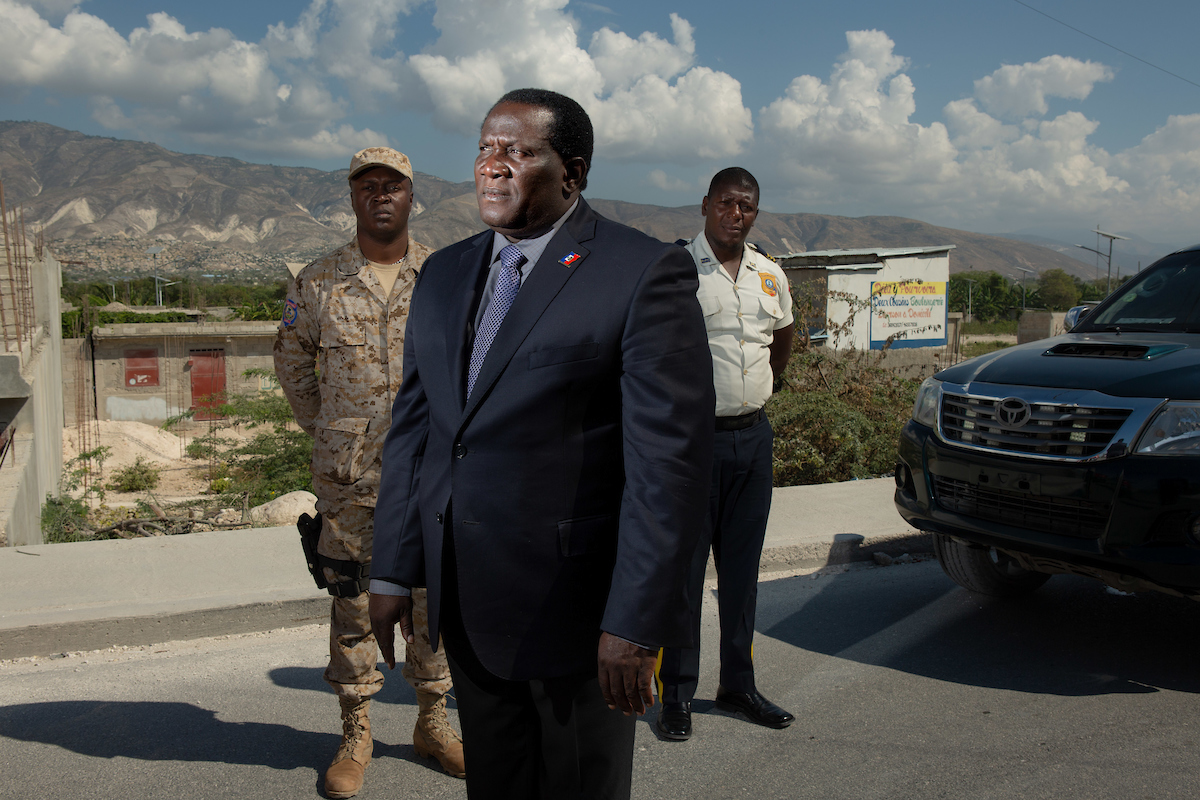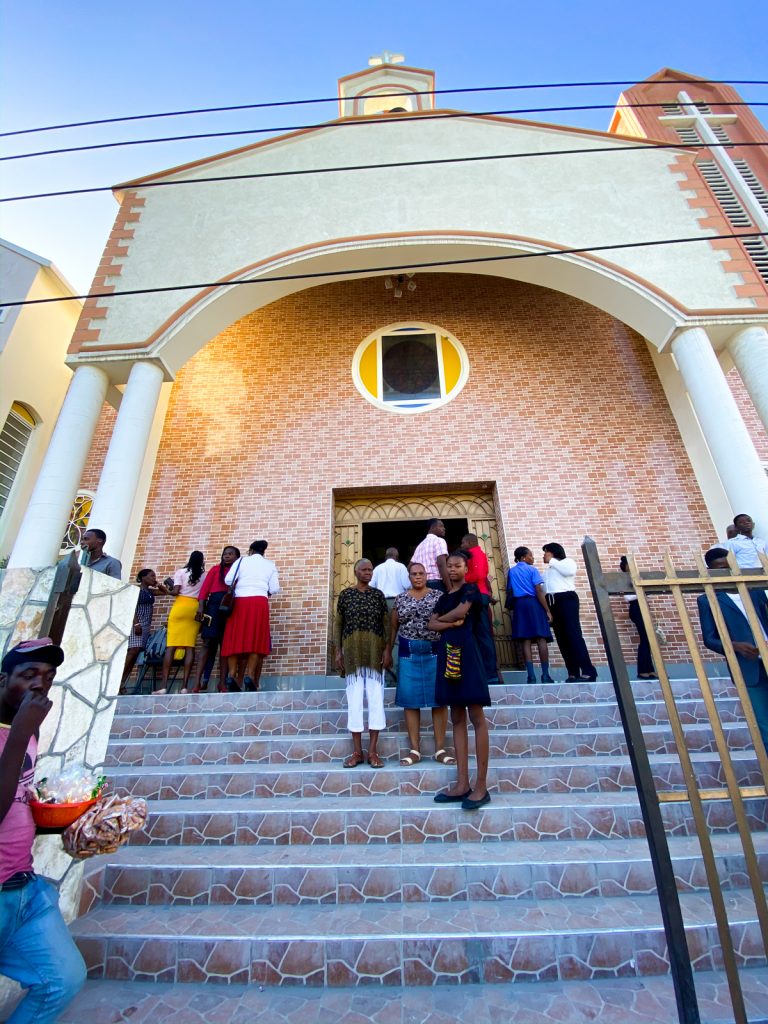Read: The Long Lead
News by Publication
The best plan to help refugees might also be the simplest
VoxDid Germany’s ‘Refugee Crisis’ Even Exist?
NoemaA look inside the imagination of the nation’s leading anti-immigrant party in Berlin.
Read: NOEMA Mag
The three german extremist friends who robbed banks and murdered immigrants
CrimeReads, LitHubThe far-right serial killers terrorized Germany’s immigrants in pursuit of a ‘white’ nation.
Read: Crime Reads
Germany Is Now Spying on Its Own Top Spy
Foreign Policy MagazineHans-Georg Maassen has a troubling relationship with the far-right—just like the agency he used to head.
Read: Foreign Policy
Inside Germany’s Taxpayer Funded Neo-Nazi Networks
The Dial Mag
One overcast day in Berlin in May 2016, a conversation about informants threw my career down an eight-year-long detour.
Read: The Dial
Morocco’s War Against the Sahrawi
TruthDigIn the Phosphorus-rich Western Sahara, the government in Rabat used the pandemic as cover for a political crackdown.
Read: TruthDig
Eat Only the Word of God
The Dial MagHow a Pentecostal preacher in Kenya persuaded hundreds of worshipers to starve themselves — and their children — to death.
Read: The Dial [The Pundits Issue]
The Detention of Antoine Galindo
The Dial Mag
NAIROBI — Last week, Ethiopian authorities detained French journalist Antoine Galindo of Africa Intelligence, a news and analysis publication covering African states, on suspicion of “conspiracy to create chaos in Ethiopia.” Galindo was in Ethiopia on a government-issued journalist visa to cover a routine — literally “Ordinary” — African Union summit.
Detentions of journalists have become commonplace under Ethiopia’s Prime Minister, the suspected war criminal and Nobel Peace Prize winner Abiy Ahmed. In 2019, Abiy, a soldier turned intelligence officer, was lauded for helping end a 20-year conflict with neighboring Eritrea. One year later, when civil war broke out in Ethiopia’s Tigray region, the peace laureate allowed Eritrean soldiers to enter Ethiopia where they slaughtered and raped Tigrayan civilians.
Since taking office in 2018, Abiy has used internet and phone blackouts and press crackdowns to prevent Ethiopians, and the world, from learning the truth about the actions of his regime. I recently wrote for The Dial about the plight of Ethiopian journalist Tamerat Negera, who was kidnapped by Abiy’s forces and detained for months before escaping into exile after his release. In 2021, Ethiopian journalists Amir Aman Kiyaro and Thomas Engida were arbitrarily detained for four months without evidence or charge; months later, 18 other journalists were arrested, two of whom faced possible death sentences for their reporting. Just last April, Ethiopia detained six more Ethiopian journalists for doing their jobs.
Though local journalists bear the brunt of Abiy’s repression of the press, foreign journalists and researchers too have been barred, deported, and detained. A few weeks after the conflict in Tigray began, Ethiopia deported a leading political analyst and researcher for the International Crisis Group, William Davison. Earlier that month, the Ethiopian embassy in Nairobi invited me, along with dozens of other correspondents, to a luncheon to “improve the accuracy and the factual context of reporting on the current state of affairs in Ethiopia.” There, then-H.E. Ambassador Meles Alem Tikea told journalists that he believed the operation would be short and that it was not a civil war. The conflict lasted two years, killed or starved an estimated 1.4 million people and displaced more than four million others.
The ambassador promised journalists that we’d be welcome to report in Ethiopia, and that the government had nothing to hide. Both statements were lies: Abiy’s government refused to process our visas, forbidding journalists from entering Tigray. Presumably Abiy’s administration was fearful that we’d uncover now-widely documented atrocities — possible acts of ethnic cleansing — committed by his soldiers and those from neighboring Eritrea. Satellite images and witnesses revealed in July of last year that security forces were digging up mass graves to burn bodies en masse in an apparent attempt to destroy evidence of the slaughter. Despite that Ethiopia’s current peace is relative and tenuous, and that those responsible for or complicit in the killings, rape, and other crimes have yet to face justice, the Biden administration last year lifted economic aid sanctions, quietly informing Congress that Ethiopia was no longer engaging in a “pattern of gross violations of human rights.” Violence has spread to other regions of the country. Last week, Reuters revealed a secret death squad had operated out of offices of Abiy’s political party.
According to the Committee to Protect Journalists (CPJ), Ethiopia currently jails more journalists than any other nation in sub-Saharan Africa except for neighboring Eritrea, where 16 were detained as of December. Galindo’s arrest last week came as he interviewed a spokesperson from the Oromo Liberation Front, an opposition political party, in his Addis hotel. “The baseless and unjustified detention of Antoine Galindo for carrying out his legitimate journalistic duties is outrageous,” said Angela Quintal, who heads CPJ in Africa. “Antoine Galindo’s arrest is yet another example of the dismal press freedom record in Ethiopia where at least another eight journalists are behind bars for their work.” – February 29, 2024, for The Dial.
Reporting from Exile
Articles, The Dial MagTamerat Negera reported critically of Ethiopia’s civil war and of Abiy’s leadership, and in December 2021, Abiy’s federal police kidnapped Negera and brought him to a military black site. Accused of ‘humiliating and insulting regional and national leaders,’ of ‘instigating unrest,’ even ‘terrorizing the nation’ through his writing, Negera was never charged and spent four months in detention. After his release, in April 2022, he fled into exile.
“We journalists like narratives. We love to build and we love to destroy. Abiy gets to be labeled a Nobel, and then a war hero. That’s a universal failure: we love to build heroes, and we also like to crush them.”
Read: The Dial Mag
The Last Mayor of Haiti
NoemaPolitics, power and one man’s quest to control a ragtag city in Haiti.
Read: Noema
Did Morocco’s monarchy outperform democracies against COVID-19?
DevexRead: Devex
With support from the Pulitzer Center
The Pernicious Power of American Promises
The New York Times10 MURDERS, 3 NAZIS, AND GERMANY’S MOMENT OF RECKONING
Foreign Policy MagazineGerman authorities looked the other way as a right-wing terrorist cell went on a seven-year killing spree. Now they won’t look in the mirror.
Read: Foreign Policy Magazine
As featured on Longform
Too big to jail
The Economist
Illustration Corey Brickley for The Economist
The Colombian drug lord who snitched his way to freedom
A senior member of the Medellín cartel conned American and Swiss authorities, framed the Mexican president’s brother, destroyed a private Swiss bank, and brought down the Attorney General of Switzerland.
And they let him walk free.
In fact, they paid him to do it. Law enforcement agencies across the globe are giving millions of dollars to criminal informants, creating a system where–for big fish like José Manuel Ramos–crime truly does pay.
Read: The Economist’s 1843 Magazine
A Vespucci Story, with Swiss journalist Daniel Ammann
